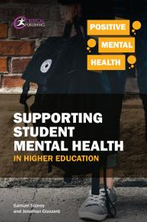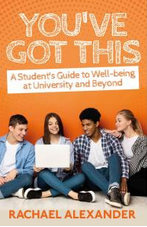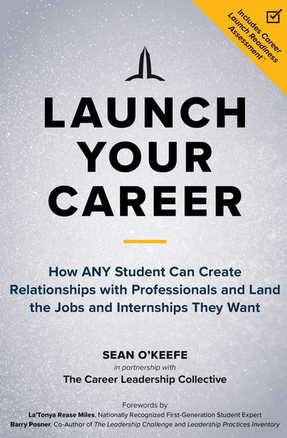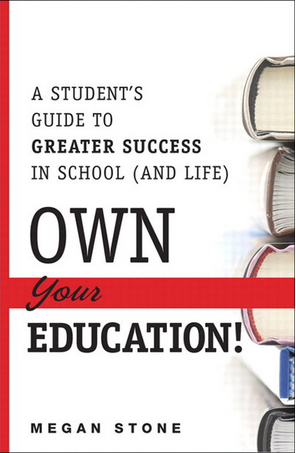This time our reading tips have been chosen in honour of the National Mental Health Week, which this year is celebrated 17.-24.11. The week’s theme, A Meaningful Future, reminds us that all people should have the opportunity and the right to pursue their dreams: to influence, participate, receive and provide peer support. Flexibility, empathy, compassion and humanity are important in higher education institutions, as well, so that everyone can be guaranteed an equal opportunity for a good future.
For more reading tips, see the list of recommendations compiled by HAMK library.
 Stones, S. & Glazzard, J. (2019). Supporting student mental health in higher education. Critical Publishing. Stones, S. & Glazzard, J. (2019). Supporting student mental health in higher education. Critical Publishing.
Teaching staff, department heads, student counsellors, tutors, and other members of staff have a huge impact on student well-being. Stones and Glazzard show useful ways on how best to support all students as they transition into and through higher education. They advocate for an institution-wide approach, where every member of staff takes part in creating a mentally healthy campus. |
 Alexander, R. (2022). You’ve got this: A student’s guide to well-being at university and beyond. Critical Publishing. Alexander, R. (2022). You’ve got this: A student’s guide to well-being at university and beyond. Critical Publishing.
This little guide is perfect for everyone student who finds life overwhelming at times. It will help you stay stress free, enjoy university life and manage your work load. Alexander guides you through your journey from preparing for studies, managing them and finally to graduation and starting your career. You will be presented with possible scenarios with self-enquiry reflections which help you to apply the theory to your own experience. |
 O’Keefe, S. (2021). Launch your career: how any student can create relationships with professionals and land the jobs and internships they want. Berrett-Koehler Publishers. O’Keefe, S. (2021). Launch your career: how any student can create relationships with professionals and land the jobs and internships they want. Berrett-Koehler Publishers.
O’Keefe introduces you to his Career Launch Method, which will help you get the internships and jobs you want, despite the challenging times. He shows how you can use your student status as an advantage to fulfill your dreams. The book has been clearly written and filled with student stories that highlight the eight methods well. Chapters end with useful review and reflect questions, that help you become more self-aware and improve your self-confidence. |
 Oliver, J., Bennett, R., & Harris, R. (2020). The mindfulness and acceptance workbook for self-esteem: using acceptance and commitment therapy to move beyond negative self-talk and embrace self-compassion. New Harbinger Publications. Oliver, J., Bennett, R., & Harris, R. (2020). The mindfulness and acceptance workbook for self-esteem: using acceptance and commitment therapy to move beyond negative self-talk and embrace self-compassion. New Harbinger Publications.
Many people struggle with self-limiting beliefs like “I’m a failure” or “I’ll never succeed,” which hinder happiness and fulfillment. Using acceptance and commitment therapy (ACT), this workbook provides a step-by-step approach to help you break free from self-doubt, recognize your strengths, and embrace your imperfections. Through actionable strategies, you can start moving toward the life you desire and learn treat yourself with kindness and compassion. |
 Stone, M. (2014). Own your education! A student’s guide to greater success in school (and life). Pearson. Stone, M. (2014). Own your education! A student’s guide to greater success in school (and life). Pearson.
What do you want to be when you grow up? That is a question you probably were often asked when growing up. Did you ever list being a student as a possible occupation? Very few do, not realizing that it means letting others control your education. Stone encourages you to take back the ownership of your school experience. You will learn the requirements, receive training and practice, ask questions and take responsibility of your own performance. |
Image: Adobe Stock



